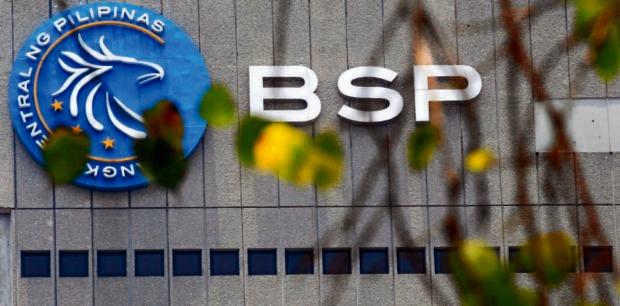The Asian Development Bank (ADB) will tweak its financing pipeline for the Philippines for the next three years to take into consideration the government’s response to the COVID-19 pandemic, although infrastructure will still play a key role in the economic recovery efforts.
Kelly Bird, ADB’s country director for the Philippines, told a webinar last Friday that the Manila-based multilateral lender and the Philippine government were in talks to firm up by October the new country operations business plan for the period 2021 to 2023.
The rolling pipeline of programs and projects to be financed by ADB in the near term would be “adjusted so it incorporates the government’s strategy for fighting the COVID-19 pandemic,” Bird said.
For 2020, ADB will lend the Philippines a record $4.2 billion as the government ramped up borrowings to finance its COVID-19 response, but Bird said lending during the next couple of years would revert to about $2 to 3 billion a year.
Bird said one of ADB’s upcoming program loans in 2021 included support for the implementation of the Philippines’ universal health care law, which documents from the Department of Finance showed would amount to $400 million.
According to Bird, the universal health care program would include an investment component as pandemic response now entailed not only upgrading health and medical facilities but also capacity building and training of front-liners.
The upcoming loan would also help the Philippines prepare for any future pandemic or a local epidemic, Bird added.While health financing was on the rise, the bulk of ADB’s lending portfolio for the Philippines would remain in the infrastructure sector, particularly transport, according to Bird.
To recover from the COVID-19-induced economic recession, “particularly important is our infrastructure investment, which we think will have high fiscal multipliers,” Bird said.
Citing ADB estimates, Bird said that every $1 billion spent to build railways would generate an additional $1.5 billion to gross domestic product over a two- to three-year period, on top of an employment multiplier of two to three times the number of direct jobs created.
As such, Bird said that up to 70 percent of ADB financing to be extended to the Philippines in the near term would go to infrastructure development.
Before year’s end, ADB is expected to approve two more loans for its host-country: the $500-million disaster resilience improvement program up for approval on Sept. 10 and the $130-million Edsa greenways project to be tackled by the lender’s board in November. INQ


